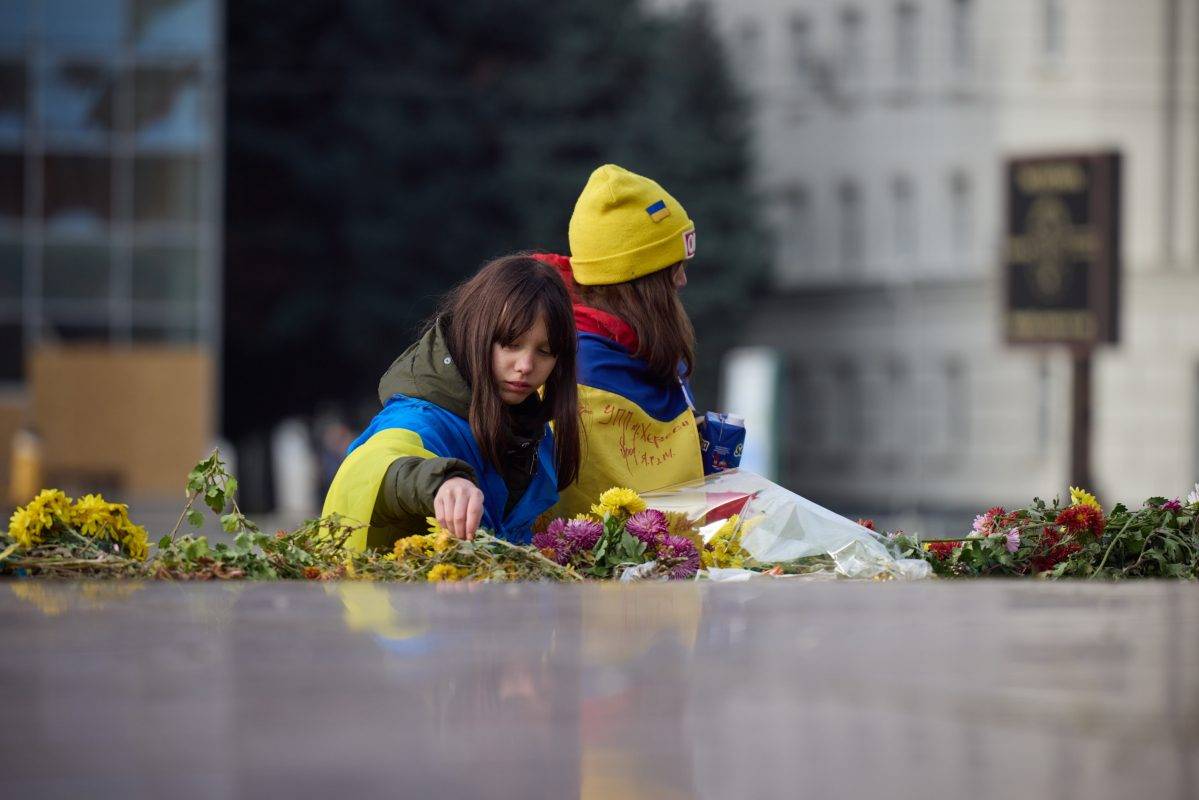Executive Summary
The already heated discussion among policymakers and policy shapers in the West on how the Russian-Ukrainian war could and should end is intensifying by the month. Regardless of one’s stance on the desirability or possibility of a negotiated conclusion to the war, the difficulties in reaching such a settlement must be acknowledged by all participants in the debate. The experience of various countries of Moscow’s neo-imperial meddling abroad over the past three decades provides ample grounds for scepticism.
On the cessation of the current Russian-Ukrainian war, there will be at least four groups of reasons why negotiations between Kyiv and Moscow will probably either not take place or not achieve any tangible results, let alone a lasting peace. These include a constitutional impasse and domestic political factors in both countries, on the one hand, and various long-term strategic as well as security/political considerations in Kyiv and the West, on the other. This essay is the first of a four-part series of commentaries outlining the barriers to a negotiated solution to the conflict. The discussion below examines the manifest conflicts between the constitutions of Ukraine and Russia. The three subsequent essays deal with the issue of political resistance to concessions to achieve a peace deal in Ukraine and Russia; the strategic foolishness of Kyiv entering into an agreement with Russia; and the destructive repercussions for the international security order of a partial satisfaction of Moscow’s pretensions through agreement of a peace deal.
Russia’s recent annexation of four territories in mainland south-eastern Ukraine – the Donetsk, Luhansk, Zaporizhzhia and Kherson Oblasts –presents a conundrum. It magnifies the challenge of the equally scandalous Russian military capture and illegal incorporation of the Crimean Peninsula eight years before. Since March 2014, and even more so since September 2022, this has become the most intractable obstacle to productive talks between Ukraine and Russia.
The two countries need to resolve not just a number of political issues, but a fundamental legal confrontation. Russia has been been violating international law for almost nine years in a hitherto unthinkable manner. However, Moscow’s annexations have also fundamentally changed Russian domestic law. As a result, both the Ukrainian and the Russian constitutions now lay explicit claim to the same territory in eastern and southern Ukraine, and Crimea.
Moreover, Putin and Zelenskyy, as presidents of their countries, are also seen by their people as the “guarantors” of their constitutions and therefore obliged to implement them. Even if one or both wanted to make territorial compromises, the basic laws of the two states explicitly forbid them to do so. This means that one or both constitutions would have to be changed before substantive peace talks begin. To do so, however, requires large majorities in parliament. This, to put it mildly, would be difficult in the case of Putin’s Russia and unrealistic in the case of Ukraine.
Please find the original piece published in English language here:

Author:
Andreas Umland
Analyst

